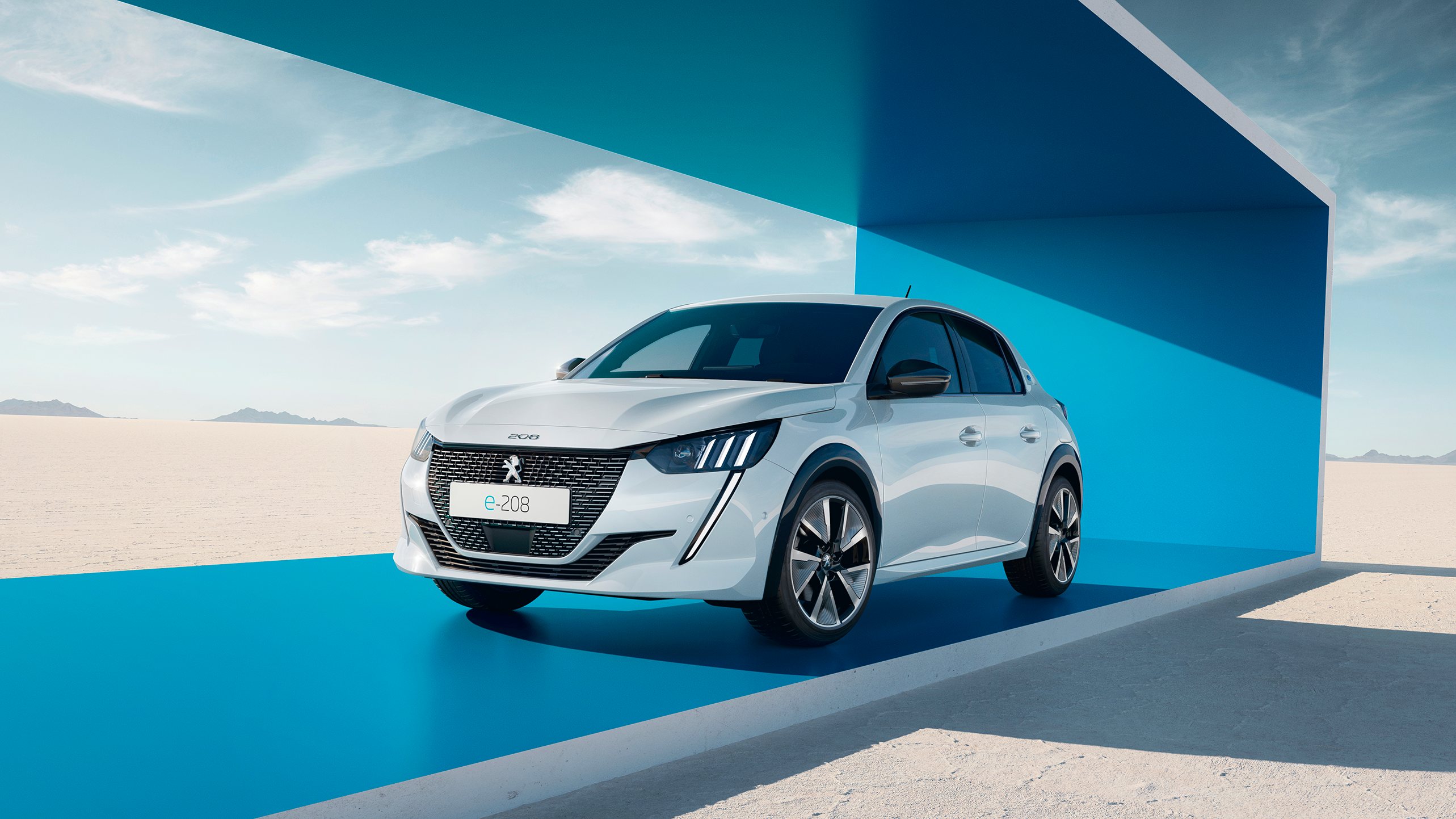It will be in the course of next year, without Peugeot having given a more specific time horizon, that the French brand reinforces the arguments of the electric variant of the 208. The French announced 340 km of autonomy, a value that was increased at the end of 2021 6.5%, reaching 362 km with a full charge. But Peugeot wants to go further and, therefore, will use the electric technology of the e-308 to market a more powerful, more efficient vehicle with greater autonomy.
Without design changes, the e-208 that will arrive at dealerships next year It comfortably leads its segment in terms of autonomy between recharges, as the brand says “up to 400 km”. With this round number, Peugeot leaves strong competitors behind, such as the 80 kW Renault Zoe, which announces 390 km when equipped with the 50 kWh battery. Behind is also the rival of the house, the Opel Corsa-e, at least as long as the German model is not also the target of it gets better, which is almost certain to happen. However, until then, the German “brother” Peugeot 208 will continue to be marketed with the same 136 hp and about 360 km proposed by the e-208 that is still on the market.
Update takes Corsa-e and Mokka-e further
Using the electrical compendium that will animate the e-308, the smallest battery-powered Peugeot will continue to make a leap in power, gaining 20 hp. And with 156 CV, an increase of 15%, it also begins to give cards in this field, being only behind the Mini Cooper SE (184 CV), which is more expensive and is far behind the Peugeot in terms of autonomy., forcing stops to recharge after 233 kilometers. At this level of power, the e-208 even outperforms the Honda e (154 hp), which travels only 222 km between charges.
More than 400 km of autonomy. 308 EV arrives in 2023
As Peugeot advances, the new 115 kW/156 hp engine (of which 15 kW/20 hp are supplemental) is combined with a 400 volt battery with new chemistry and slightly increased capacity. The previous 50 kWh accumulator comes out (46 kWh useful) and package of cells with 51 kWh (48.1 usable kWh). For the rest, all the modifications introduced at the end of last year are maintained, from the less rolling resistant tires to the new heat pump, passing through the reduction of the transmission.
However, all this contributes to the fact that the small utility of the lion brand begins to prevail also in terms of efficiency. The autonomy is “stretched” not by increasing the capacity of the battery, but above all because energy consumption decreases, going from the previous 15.4 kWh/100 km to 12 kWh/100 km. The WLTP homologation is still in progress, but everything indicates that the e-208 will become the king of trams, in this sense, thanks to its “bird’s appetite”. That’s true, so far, no rival has announced such a low consumption…
Source: Observadora
